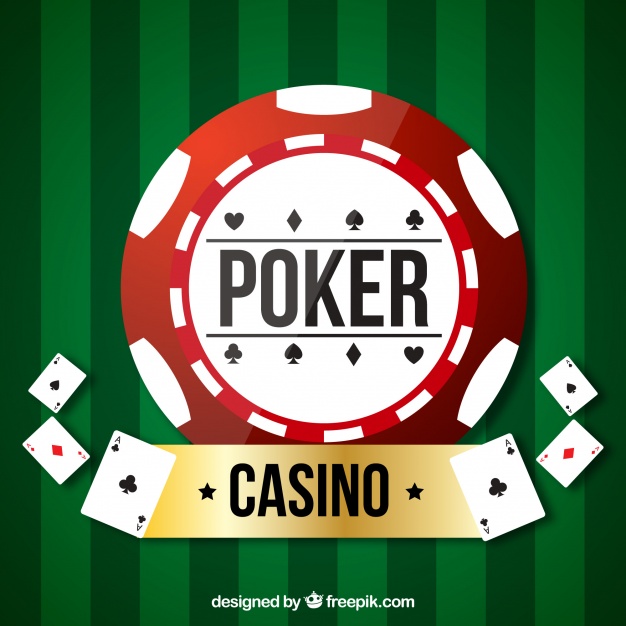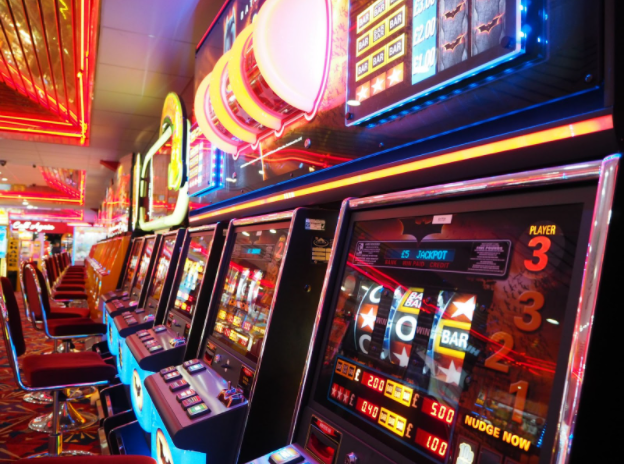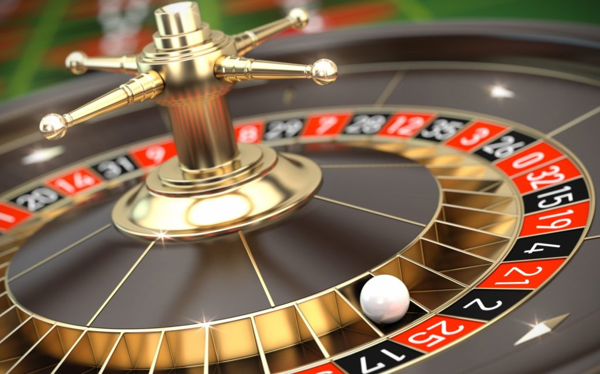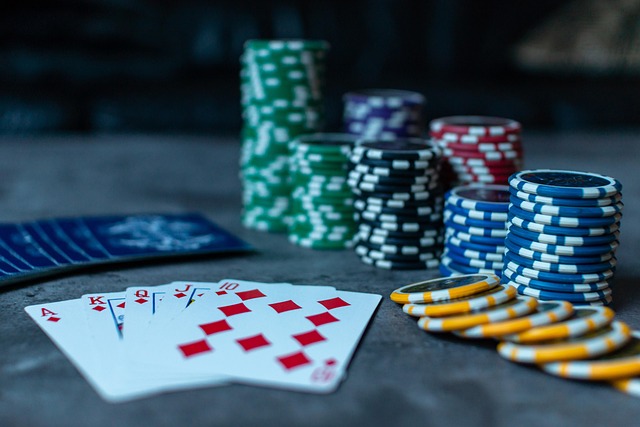Poker lovers often view casino pits as the enemy, yet those lively tables and flashing machines hide lessons that can sharpen any poker strategy. Studying a top rated list, reliable casinos for Czechs that pay fast often share transparent rules and clear odds, and paying attention to them can build the same clarity at the card table. From bankroll plans to table etiquette, the wider gambling world works like a laboratory where different risk models run every second. Casino games move quickly, reward discipline, and punish sloppy bets. By noticing how roulette, blackjack, or even penny slots guide players through house edge, risk, and pacing, a poker player can import fresh insights back to the felt. This article explores what skills transfer, where the traps hide, and how to blend the thrill of chance with the logic of poker. With each section, readers will see practical ideas they can test in their next home game or online session. After all, chance favors the prepared mind, whether the chips spin on a wheel or slide across a green felt.

Understanding House Edge and Expected Value
Walk past a row of roulette wheels and the tiny advantage that the zero gives the house becomes obvious after a few spins. That same math sits underneath every poker decision, only the edge changes hands from casino to player. When a dealer stands on 17 in blackjack, the rule fixes the casino’s expected profit; when a player calls a river bet with the wrong pot odds, the expectation flips in favor of the opponent. Observing how casino games advertise their house edge — on payout tables, signage, or digital displays — teaches that advantage is quantifiable, not mysterious.
Poker players can borrow the habit of calculating expected value on the fly. Before limping with a small pair, they can ask, “Would I play this slot that pays ninety-seven cents per dollar?” If the answer is no, folding becomes easier. By translating every hand into a percentage return, they swap vague hunches for concrete numbers and chip away at variance over the long run. Over time, adopting this mindset turns the game into a math puzzle that pays real money instead of homework points.
Embracing Bankroll Discipline from Slot Play
Slot fanatics often carry an envelope marked “entertainment money,” and once it is empty, they call it a night. This simple habit can rescue poker players from the emotional whirlpool of chasing losses. Unlike a slot pull, a poker hand involves skill, but it also tempts players to top up stacks the moment cards run cold. Borrowing the envelope idea, a poker player might set a buy-in limit for the entire session and lock extra funds in a digital wallet out of reach.

Watching how seasoned slot players choose coin size to stretch playtime also inspires smart table selection. Sitting in a deep-stack cash game is pointless if the bankroll only covers a few orbits. By stepping down in stakes, a player gains the same number of decisions for less risk, mirroring penny-slot economics. Finally, slots teach the value of timed breaks: every few rounds, lights and jingles pause for maintenance. Poker rooms rarely force a pause, so scheduling one keeps tilt at bay. Setting written stop-loss and win-goal numbers before sitting down reinforces discipline, and a quick phone note works just as well as a paper ledger. Seeing numbers update in real time also dampens risky impulses.
Reading Randomness Like a Roulette Wheel
Roulette offers a smooth, impartial spin that many newcomers misread as a pattern. They see black hit five times and rush to bet red, believing a correction is due. The wheel does not remember, and smart roulette players know each outcome stands alone. Poker has a similar trap called results-oriented thinking. After losing with kings against aces twice in one night, a player may convince themselves the pair is cursed and start folding it. Learning from the wheel, they should instead treat each hand as an independent sample.

Good decisions made on solid odds remain good, even when chips slide the other way. Observing the croupier’s clear announcement of “No more bets” also highlights the importance of freezing choices at the right moment. Once the cards are dealt and the timer starts, second-guessing only wastes mental energy. By focusing on process over outcome, poker players mirror seasoned roulette regulars who track decisions rather than counts of red and black. Keeping a simple session log that marks each key decision and the reasoning behind it turns hindsight into data instead of regret.
Borrowing Table Etiquette and Mindset
Craps tables echo with cheers, yet seasoned shooters know never to celebrate too loudly when others lose. This balance of excitement and respect creates an atmosphere where everyone feels welcome. Poker rooms thrive on the same courtesy. By observing dealers explain rules patiently to blackjack rookies, a poker player can adopt a calm tone when a new opponent misreads the board. Good etiquette encourages weaker players to stay longer, which ultimately grows profit. Mindset matters too. Casino game veterans accept variance as the price of admission; they clap when a big win lands but shrug when luck turns. Bringing that zen attitude to poker prevents emotional meltdowns after a bad beat. Many table games also use simple hand signals to avoid confusion — tapping the felt for “check” in blackjack, for instance. Clear, consistent gestures at the poker table speed the action and reduce disputes. In short, respecting the game and the people around it pays dividends far beyond one session.






